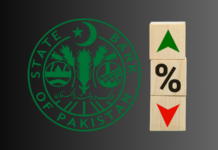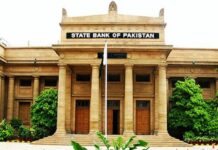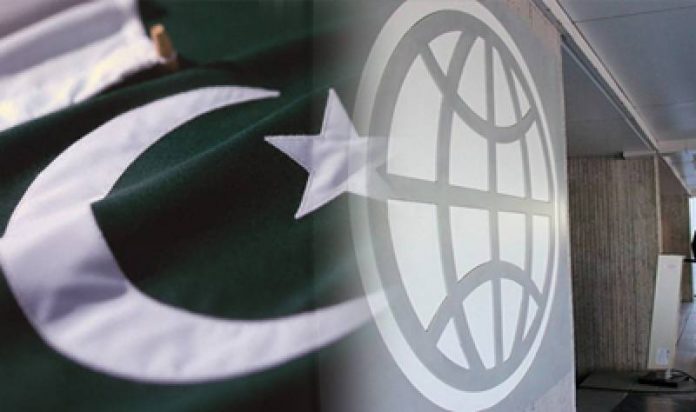LAHORE: A World Bank (WB) task implementation support mission is scheduled to visit Pakistan by this month’s end with agenda of producing annual comprehensive tax expenditure plan and developing annual tax revenues forecast for Federal Bureau of Revenue (FBR) and provincial governments, highly placed sources confirmed.
The main development objective of the mission is to review economic reform programme by filling knowledge gaps, strengthening the capacity of key institutions federal and provincial, to complete the design and implementation of the reform agenda, and strengthening dialogue and building consensus. More specifically, the WB team will be seeking ways in providing assistance for key federal and provincial ministries and agencies, to expand and sustain the fiscal space and revenue collection; liberalise trade and economic activities; facilitate private investment; improve the quality of expenditures and debt management and tackle other binding constraints facing the economy.
Sources told Pakistan Today that the team would be finding ways with aims to mobilise domestic revenues by supporting policy-makers in making informed decisions, which requires the strengthening of the tax system and the building of fiscal research and tax policy analysis capacity. The team would also evaluate initiated measures to improve tax policy and administration to address the chronically low tax revenue levels.
The mission would also review the government initiatives of implementing a comprehensive and challenging set of reforms. More importantly, reform momentum would also be reviewed with government deepening reforms and accelerating implementation, despite a challenging political environment.
They said that the government needed to step up reform efforts and for this, filling-in key gaps was a requisite for implementation of the economic reforms programme.
Fiscal management is central to the support of the grant being provided by development partners. More specifically, one of the two development objectives and reform pillars under the WB Competitiveness and Growth Development Policy Credit (DPC), structured around enhancing fiscal management.
The reforms supported under this pillar sought to enhance the effectiveness of public investments by creating the necessary fiscal space for higher public investment and more pro-poor spending.
Furthermore, one of the four main reform areas of Pakistan’s programme under the recently concluded International Monetary Fund (IMF) Extended Fund Facility (EFF) focused on sustaining fiscal consolidation by broadening the tax base and strengthening the medium-term fiscal framework.
Debt management was one of the agreed areas under these interventions.
Besides, a USAID recent project aimed at improving domestic financial markets in Pakistan attempts to complement the support under the broader area of debt management. The focus of the grant, however, is different, specifically on regulators such as Security Exchange Commission of Pakistan (SECP), State Bank of Pakistan (SBP) and the stock exchanges.

























